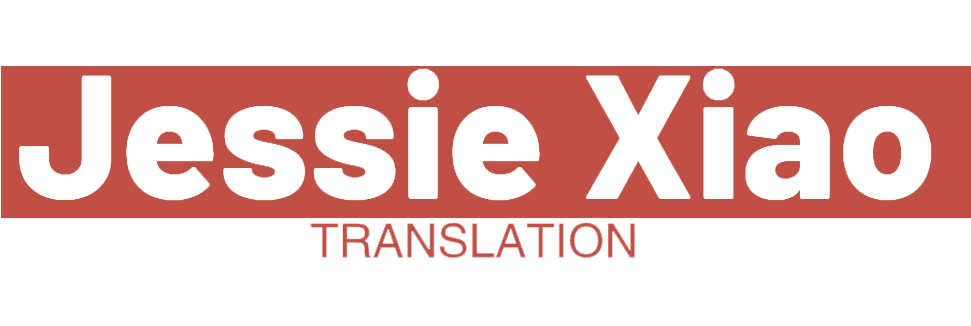In the digital era, the rapid development of artificial intelligence (AI) technology has brought revolutionary changes to various industries. As an important application of AI, AI translation has attracted the attention of a large number of users due to its efficiency and convenience. However, despite its excellent performance in some aspects, AI translation still cannot completely replace human translation.
Firstly, the limitations of AI translation should be addressed. AI translation primarily relies on algorithms and big data processing. Although it can handle a large amount of textual information, it still falls short in understanding the deep meanings, contexts, and cultural backgrounds of languages. In contrast, human translators can combine personal experience, professional knowledge, and cultural backgrounds to more accurately convey the intended meanings of the original text.

Secondly, the handling of cultural differences is another crucial aspect. Language and culture are closely intertwined, and translation inevitably involves the treatment of cultural differences. AI translation often struggles to accurately convey the cultural nuances in the original text. However, human translators can flexibly adjust their translation strategies based on the cultural backgrounds of the target language, ensuring that the translation is more aligned with the reading habits and aesthetic preferences of the target audience.
Moreover, the lack of innovative expression is another shortcoming of AI translation. Translation is not just a simple language conversion but also requires innovative expression based on the content and style of the original text. While AI translation can produce coherent translations, it often lacks diversity and individuality in innovative expression. In contrast, human translators can utilize their creativity and imagination to inject new vitality and soul into the translation.
On the other hand, human translation offers several distinct advantages. Firstly, human translators possess extensive professional knowledge and practical experience, enabling them to conduct deep translations and research in specific fields. AI translation often falls behind human translation when dealing with texts in specialized domains.
Secondly, human translators can provide personalized translation services tailored to the needs and feedback of clients. Whether it's adjusting the translation style, optimizing language expression, or handling specific terminologies and expressions, human translators can flexibly adapt to meet the personalized demands of clients.
Lastly, human translation embodies a sense of humanistic care. Translation is not just a linguistic activity but also a manifestation of humanistic concern. Human translators can pay attention to the emotions and intentions of the original authors, conveying the humanistic spirit and values through their translations. AI translation, however, lacks this capability, often resulting in translations devoid of humanistic care and emotional color.
In conclusion, despite its advancements, AI translation still cannot fully replace human translation due to its limitations in language understanding, cultural difference handling, and innovative expression. Human translators, on the other hand, offer unique advantages in terms of professional expertise, personalized service provision, and humanistic care. Therefore, in practical applications, it is essential to choose the appropriate translation method based on specific needs.
